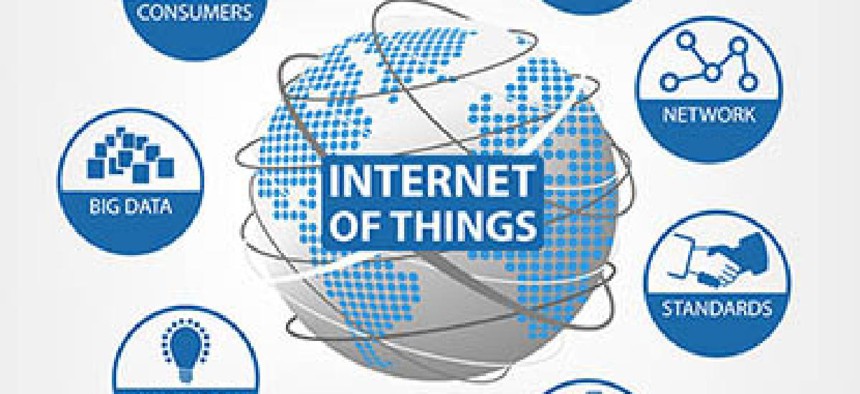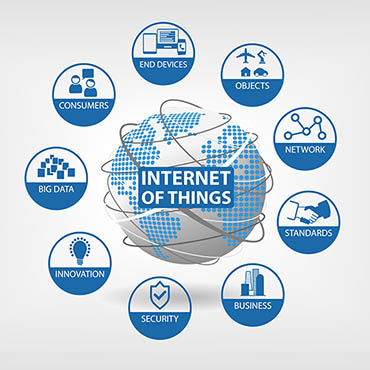Getting government ready for the Internet of Things

A new study urges agencies to embrace the IoT while also instituting adequate security and privacy protections.

What: "Government and the Internet of Things," a report by the Advanced Technology Academic Research Center.
Why: The Internet of Things encompasses a wide range of devices, including cell phones, cars, kitchen appliances, jet engines, electricity meters and windmills. By 2020, experts forecast that 26 billion devices will be connected to the Internet, and some predict two or three times that number.
The center's report explores the role government should play in using and regulating the IoT, and it is based on the insights more than 20 government and industry leaders shared during a series of meetings over a 10-week period to discuss how government can better apply IoT technologies and drive growth in that sector.
The researchers concluded that agencies must decide how best to take advantage of the Internet of Things for core missions while protecting privacy and enhancing security. And that security model will likely have to be unique because every endpoint and network connection is vulnerable to hackers. Cybersecurity would also involve protecting IoT hardware and sensors, securing 4G and Wi-Fi, and preventing tampering with power grids and utilities.
Also at issue are federal laws that protect consumer and government data, such as the Privacy Act of 1974 and the Health Insurance Portability and Accountability Act of 1996, which were designed long before the IoT existed. Geo-location histories, financial information and health data are often stored on smartphones and other devices, and people naturally want assurances that their personal information is secure. Transparency about data policies and management would help, the report's authors said.
They cite the General Services Administration's Smart Buildings initiative as a good example of an agency using the IoT to its advantage. Under the program, GSA installed sensors on government buildings to measure and manage environmental impact, energy efficiency, operating expenses and other factors.
The report recommends that the government create a strategy to educate the public and federal agencies alike about the IoT and its implications. The authors also urge Congress and the White House to avoid heavy regulation that could hinder the IoT's growth and said they should instead focus on creating consumer-based standards and ensuring privacy protections.
Verbatim: "The success or failure of IoT's application in government may hinge on the ability to secure all facets of the IoT channel.... Government must promote policies that ensure the security of the IoT landscape and identify best practices, while encouraging technology development."


